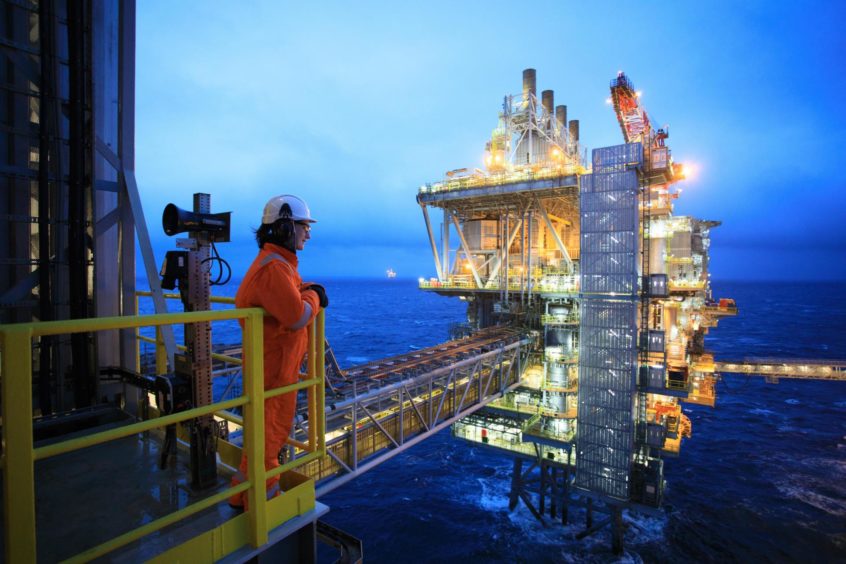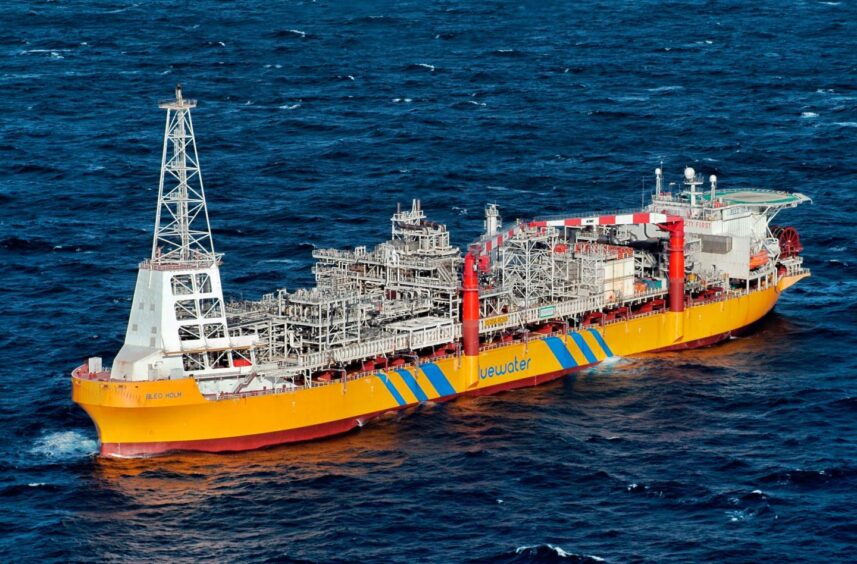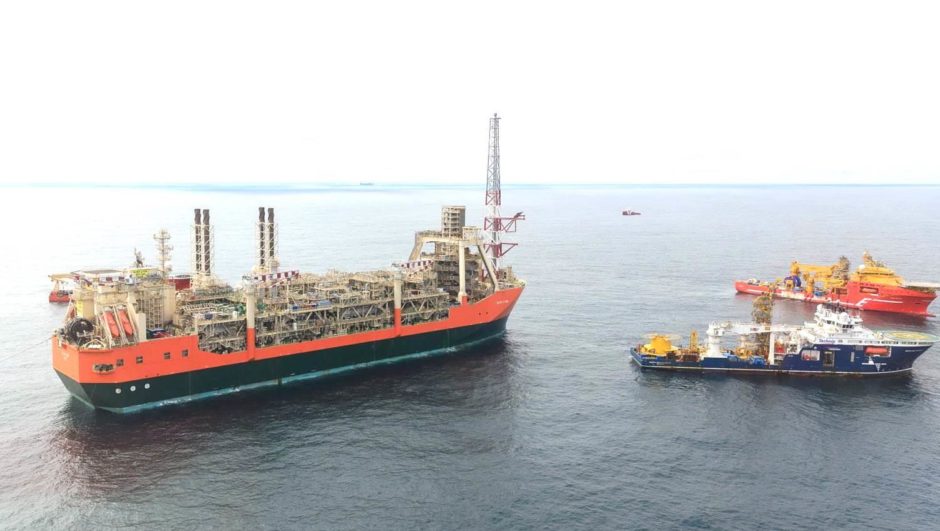
A raft of fresh North Sea strikes – that will impact more than a dozen assets operated by Repsol Sinopec and BP (LON: BP) – have been announced.
More than 200 workers employed by energy services giant Petrofac (LON: PFC) are to take further action in an ongoing and bitter dispute over pay and conditions.
From today, around 170 crew members on Repsol Sinopec installations are downing tools for 48-hours, trade union Unite has confirmed.
It follows the rejection of the latest pay offer from the North Sea operator by 79% of workers on an 89% turnout and comes after previous rounds of industrial action.
A spokesman for Petrofac said: “It is disappointing that employees working on Repsol Sinopec assets rejected a 4% lump-sum payment. This offer was in addition to the 10% increase paid in 2022 and the upcoming 4% ESA increase we are committed to paying in January 2023.
“As a service provider with fixed renumeration, external factors including higher oil prices do not influence earnings on this contract.
“We will continue to work closely with our team and client to ensure there is no increased risk to safety or the environment during periods of industrial action.”
The installations impacted include the Arbroath, Auk, Bleo Holm, Claymore, Clyde, Fulmar Alpha, Piper Bravo, Saltire, Tartan Alpha, as well as the Flotta oil terminal in Orkney.
Unite also confirmed that a further 48-hour strike will impact the Montrose platform, starting on December 29 and running until the 31st.
According to the union, the dispute centres on the removal of a 10% equal time payment and years of below inflationary pay increases.
Issues around “payments for Offshore Energies UK (OEUK) medicals, mileage and stand in duties” have also played a part.
Unite general secretary Sharon Graham said: “Petrofac Repsol workers across the various installations are taking this latest action due to a series of unacceptable pay offers. Unite’s members are watching offshore oil and gas giants mount up eye-watering profits. Instead of paying the workforce what they deserve because they are the ones ultimately generating these profits Petrofac Repsol are revelling in playing Scrooge.
“Unite supports, and will continue to support our members at Petrofac for as long as it takes for them to achieve a successful resolution.”
A Repsol Sinopec spokesperson said: “We can confirm workers on some Repsol Sinopec-operated assets have chosen to take further industrial action. We continually review the remuneration of our offshore workforce and support fair compensation aligned with the market.
“Our priority remains the health, safety and well-being of our people.”
In a separate dispute, Unite members at Petrofac’s BP installations – Andrew, Clair, Clair Ridge, ETAP, and the Glen Lyon FPSO – will also begin two day strike action on the same dates – December 29-31.
Involving 75 workers, the dispute centres on the working rotation, which is three on, three off.
Unite anticipates that the strike action at both Petrofac Repsol and Petrofac BP are likely to cause “considerable disruption”.
The trade union has also warned that further action is being actively considered, which would extend the dispute into 2023.
Strikes have been common place in the North Sea this year, the result of a soaring cost-of-living, as well as labour shortages.
Unite industrial officer John Boland, on behalf of the Petrofac workforce across the various installations, said: “Unite’s members have been left with no choice but to take further strike action due to the indifference and intransigence shown by Petrofac management. Several rounds of 48-hour strike action will now take place following our members rejecting a latest pay offer which represents a real terms pay cut. The Petrofac workers are absolutely determined to continue with strike action because the company can easily afford to settle this dispute. We would encourage them once again to do so and allow these workers to get back on with the job.”
A BP spokesman said: “While supplier personnel working on bp’s North Sea installations generally have to align with bp’s own three weeks offshore working pattern, it has always been and remains for the relevant employing company to determine how best to manage their own workforce, including working arrangements outside of those offshore periods.
“bp remains committed to working constructively across the basin, including through dialogue with our key suppliers, to ensure the North Sea remains an attractive place to work and invest.
“With regards the planned industrial action, our focus remains on the safety of our workforce and operations offshore.”

 © Supplied by Bluewater
© Supplied by Bluewater © Supplied by Submitted
© Supplied by Submitted